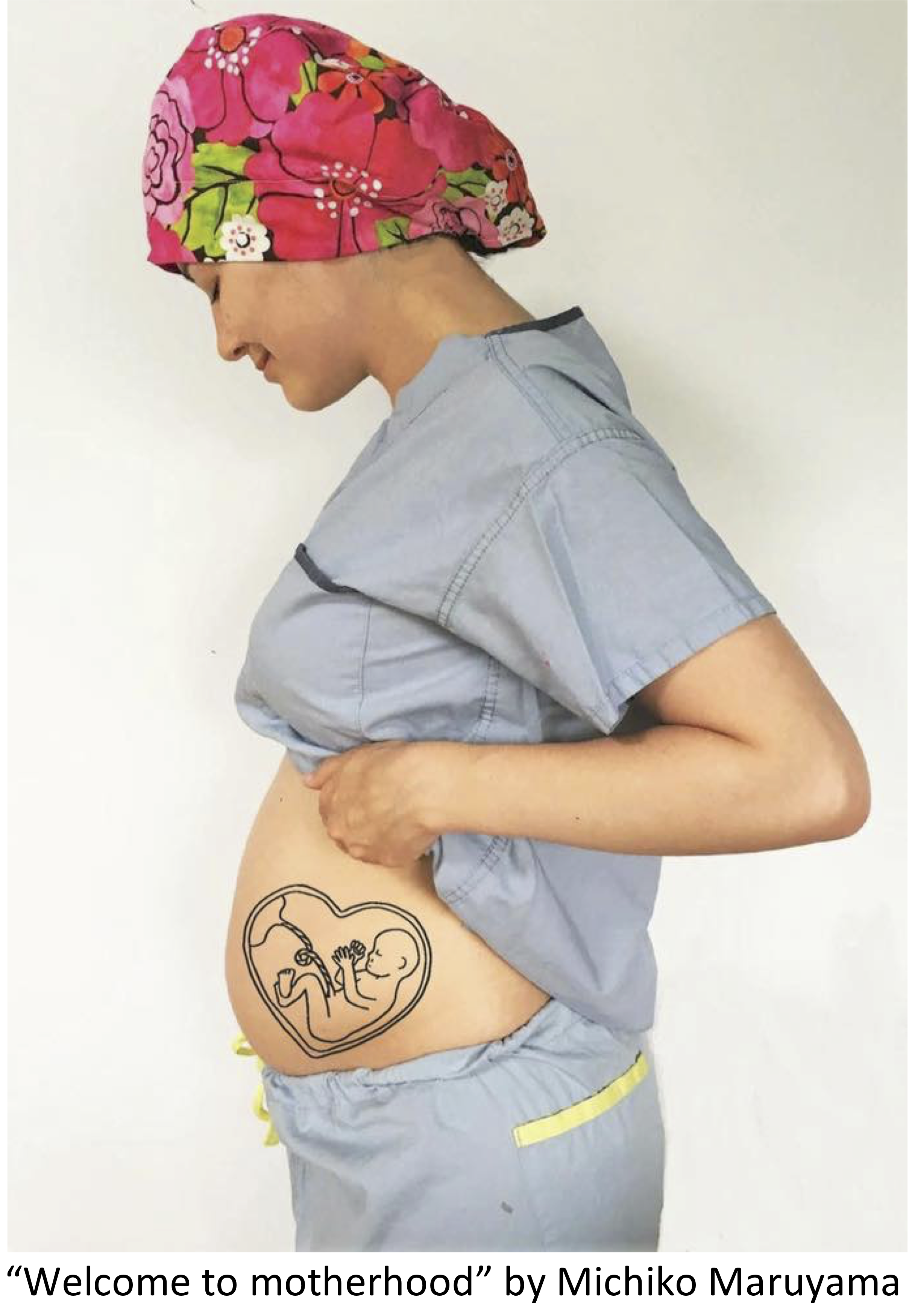Students working against tobacco: A novel educational program to improve Canadian medical students’ tobacco counselling skills
DOI :
https://doi.org/10.36834/cmej.36920Mots-clés :
smoking cessation, youth smoking prevention, tobacco use, medical educationRésumé
Background: Medical professionals should be appropriately trained in the field of smoking cessation counseling and be familiar with related tobacco-control issues. Sadly, Canadian medical students receive little education regarding smoking cessation.
Methods: University of Ottawa medical students created Students Working Against Tobacco (SWAT), a program that provides its members with tobacco education and opportunities to discuss tobacco use, smoking prevention and cessation with elementary-school students. Surveys assessing student knowledge and confidence in addressing tobacco issues were administered to the participating students at the start of the program and following their delivery of a school presentation.
Results: Students initially lacked knowledge, skills and experience in addressing tobacco issues and discussing smoking prevention and cessation counselling. Following their involvement in the SWAT program, students’ smoking cessation counselling knowledge and skills improved, and they expressed confidence in becoming more engaged in this important preventive health issue.
Conclusion: Until smoking cessation is incorporated into undergraduate medical education programs, gaps will remain in the preparation of tomorrow's physicians regarding the provision of effective smoking cessation counselling and their broader understanding of this important health issue. Currently, there are constraints limiting the number of medical undergraduates that SWAT is able to involve and influence.
Téléchargements
Publié
Numéro
Rubrique
Licence
La soumission d’un manuscrit original à la revue constitue une indication qu’il s’agit d’un travail original, qu’il n’a jamais été publié et qu’il n’est pas envisagé pour publication dans une autre revue. S’il est accepté, il sera publié en ligne et ne pourra l’être ailleurs sous la même forme, à des fins commerciales, dans quelque langue que ce soit, sans l’accord de l’éditeur.
La publication d’une recherche scientifique a pour but la diffusion de connaissances et, sous un régime sans but lucratif, ne profite financièrement ni à l’éditeur ni à l’auteur.
Les auteurs qui publient dans la Revue canadienne d’éducation médicale acceptent de publier leurs articles sous la licence Creative Commons Paternité - Pas d’utilisation commerciale, Pas de modification 4.0 Canada. Cette licence permet à quiconque de télécharger et de partager l’article à des fins non commerciales, à condition d’en attribuer le crédit aux auteurs. Pour plus de détails sur les droits que les auteurs accordent aux utilisateurs de leur travail, veuillez consulter le résumé de la licence et la licence complète.











